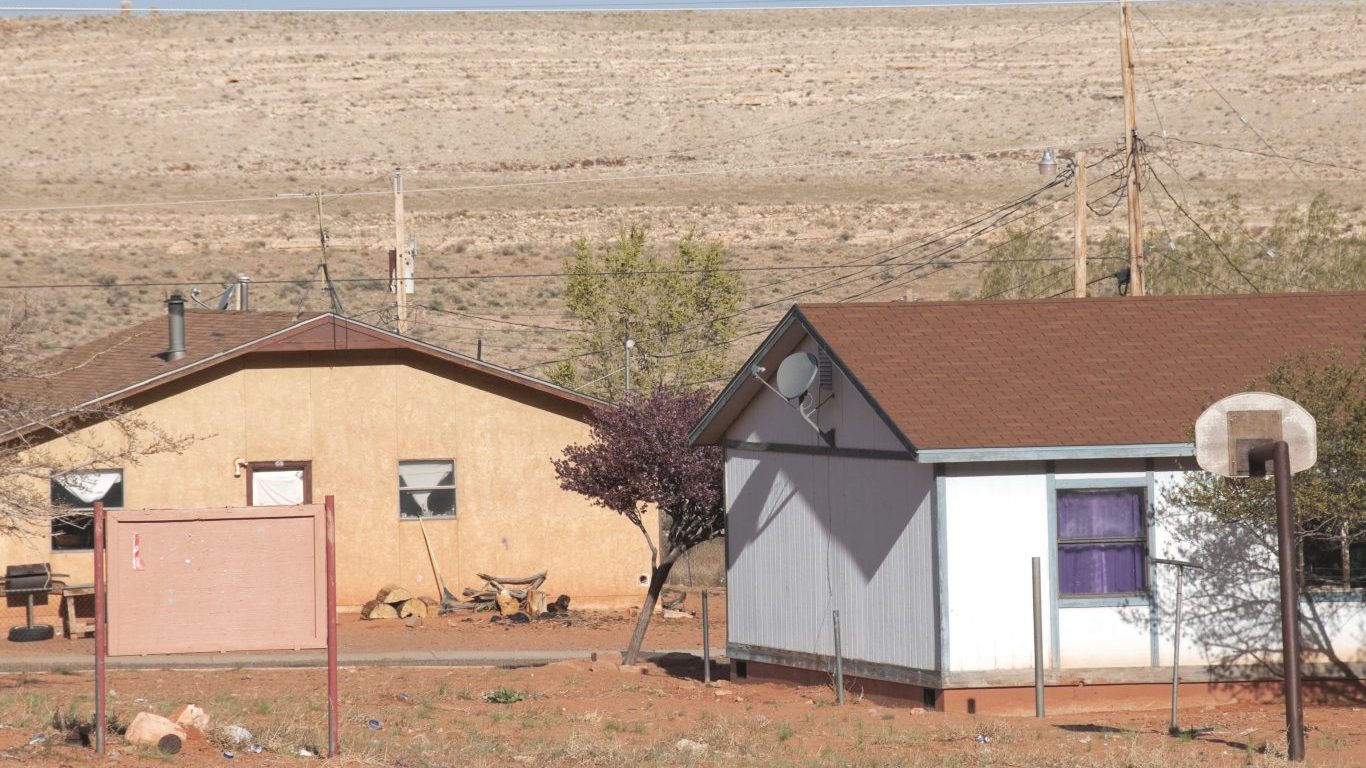

Tipping customs vary significantly across the globe, with some countries having little or no tipping culture. In those places, offering a gratuity to restaurant or hotel workers, taxi drivers, and others in the service industry is not expected and in some cases may even be considered offensive. (Tipping in those circumstances aside, these are some etiquette mistakes that make you look rude.)
Service workers in such places often prioritize providing excellent service as part of their professional responsibilities, rather than viewing it as a source of income. In lieu of tipping in these circumstances, the cost of service is typically built into the prices of goods and services or added as a percentage of the total bill. This allows employers to pay a reasonable salary – in some countries based on a comparatively high minimum wage.
To compile a list of 17 countries where tipping is not expected – or at least is not traditionally customary – 24/7 Tempo reviewed numerous travel websites and other online sources offering advice for travelers.
Click here to see countries where tipping is not expected
Note that some high-end establishments or tourist areas even in these countries may have adapted to tipping due to Western influence. (In the U.S., these are the states where people leave the best tips.)
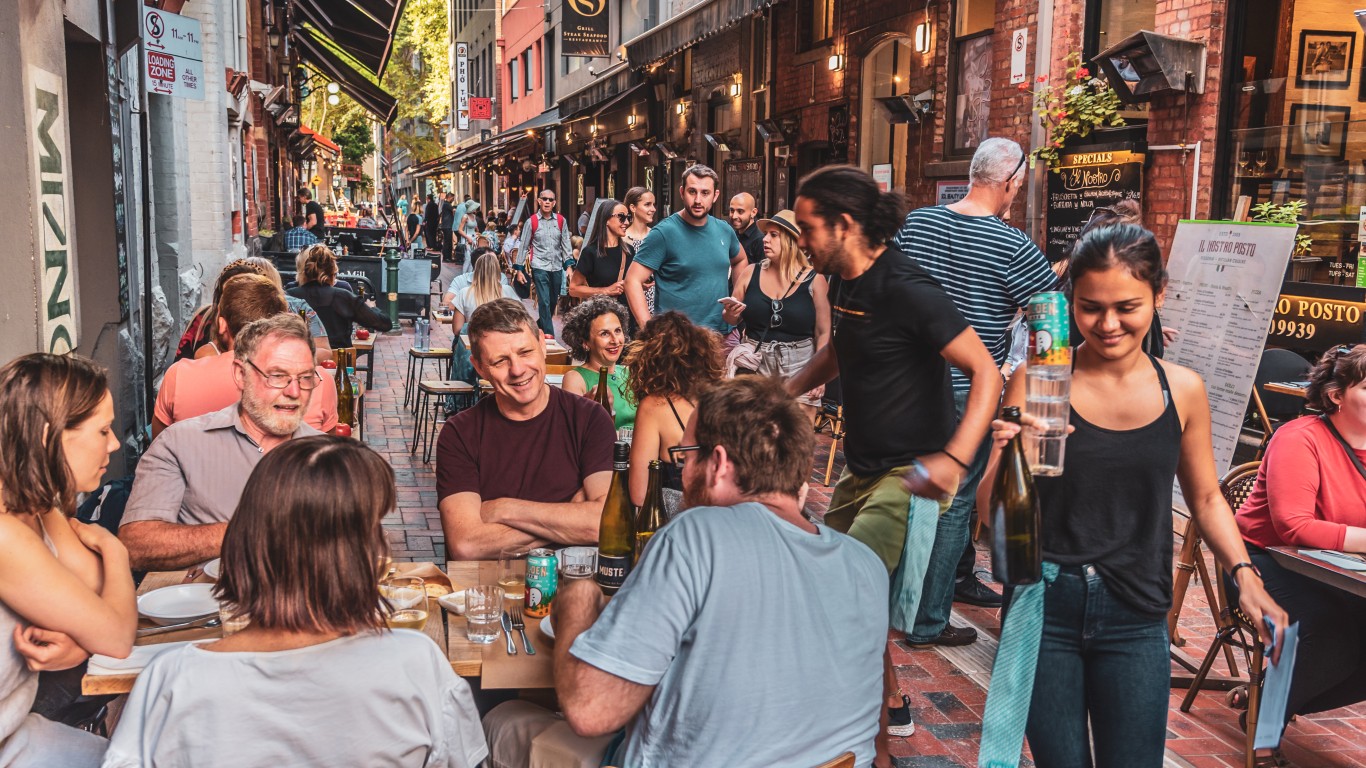
Australia
> Population: 26.5 million
> Largest city: Melbourne
In Australia, tipping is not as common or expected as it is in some other countries. Australians in the hospitality industries generally do not rely on tips to supplement their income. This is primarily because the country has a higher minimum wage than most nations do – $21.38 AUS ($14.07 U.S.) per hour.
[in-text-ad]

Cambodia
> Population: 16.9 million
> Largest city: Phnom Penh
In Cambodia, tipping is not expected in most situations. However, in upscale hotels, restaurants, and tourist areas, it has become more prevalent due to Western influence. Even there, though, while appreciated, it is not obligatory. Locals generally round up the bill or leave small change as a gesture of goodwill.
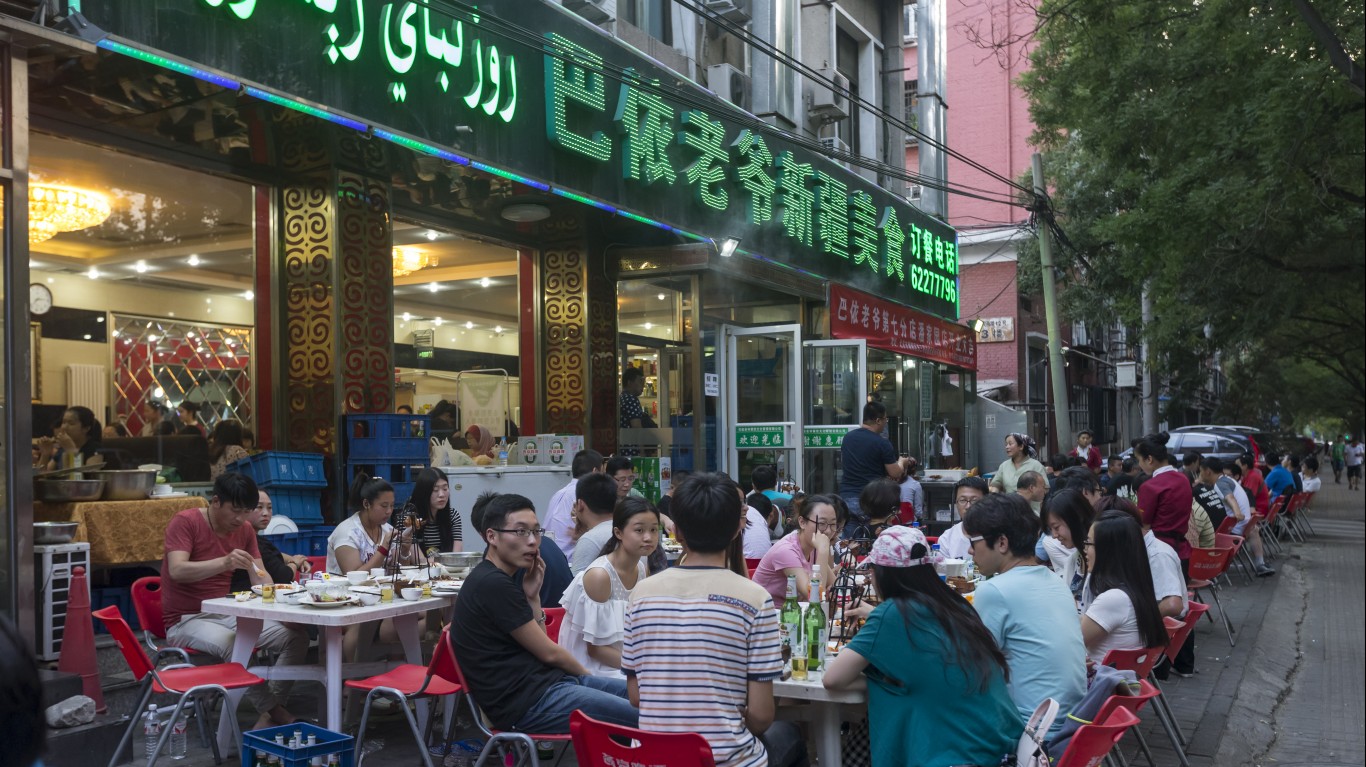
China
> Population: 1.4 billion
> Largest city: Shanghai
Traditional Chinese culture places emphasis on hospitality as part of the service, and gratuities are not a customary part of the transaction. However, in more expensive hotels and tourist areas, some establishments may have adapted to Western customs, and tipping may be more common.
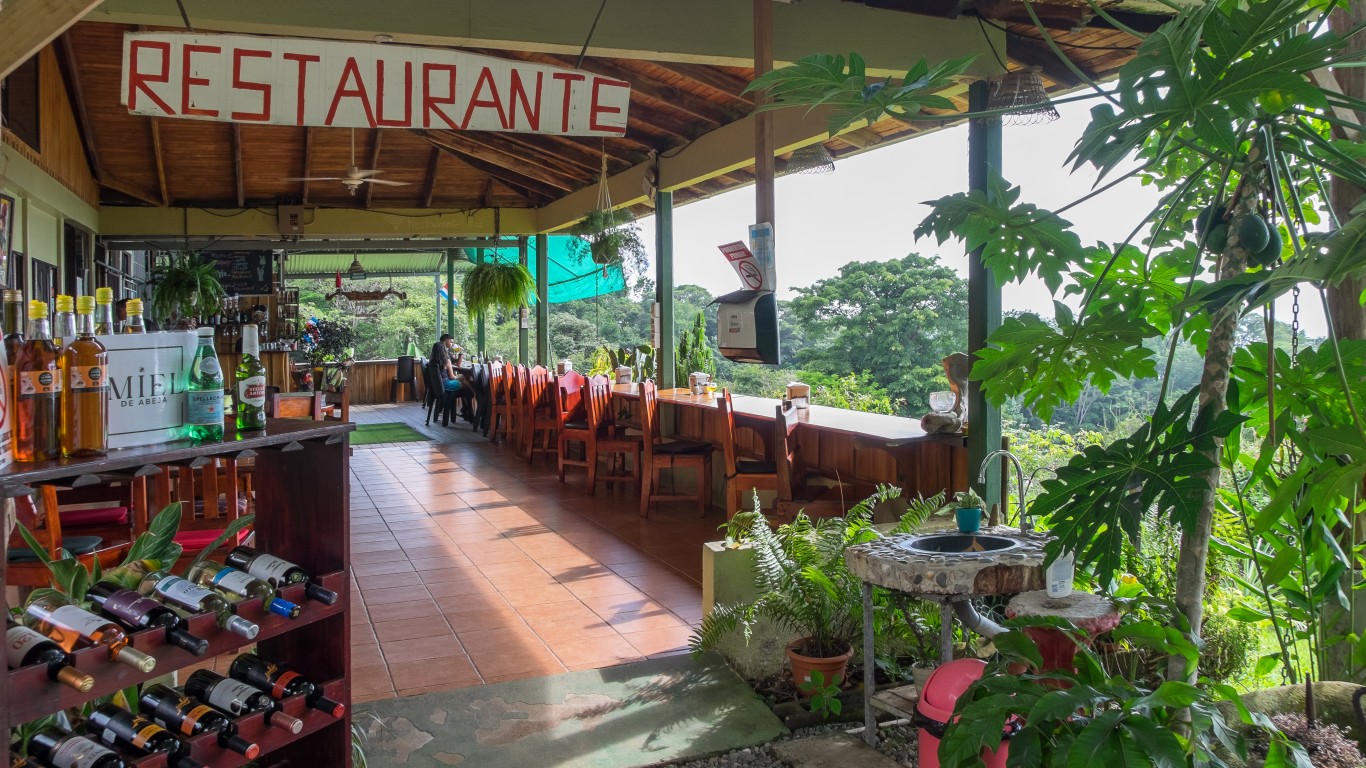
Costa Rica
> Population: 5.3 million
> Largest city: San José
While not obligatory, tipping is considered a way to acknowledge and reward quality service in Costa Rica. A tip of about 10% is generally accepted in restaurants, hotels, and for services such as tours or transportation.
[in-text-ad-2]
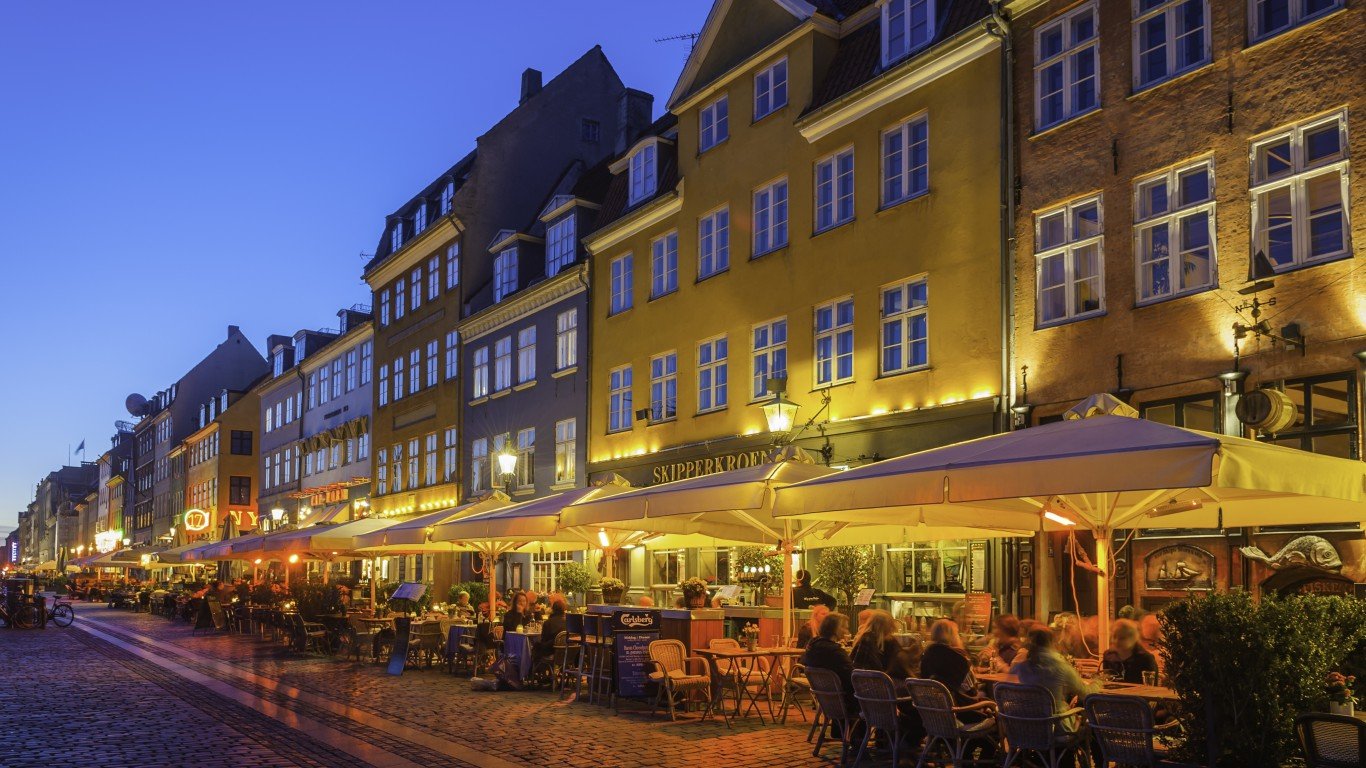
Denmark
> Population: 5.9 million
> Largest city: Copenhagen
The Danish society operates on a principle of fair wages and equal treatment for workers, so tipping is not expected or required. However, it is appreciated if customers want to leave a small tip of about 5% as a gesture of satisfaction for exceptional service.
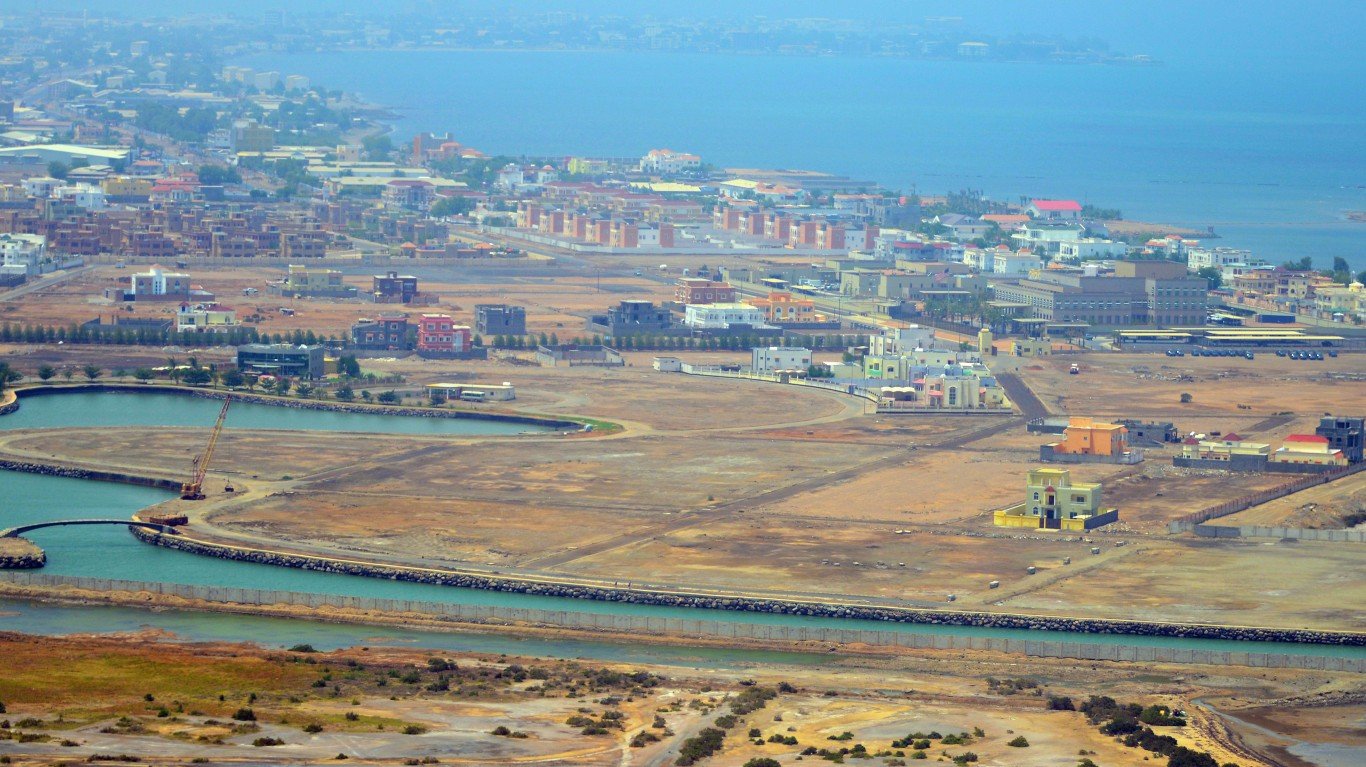
Djibouti
> Population: 976,000
> Largest city: Djibouti City
Tipping is not considered a standard practice in this East African nation. Instead of relying on tips, service providers such as restaurant and hotel staff and taxi drivers receive their income through regular wages or negotiated fees.
[in-text-ad]
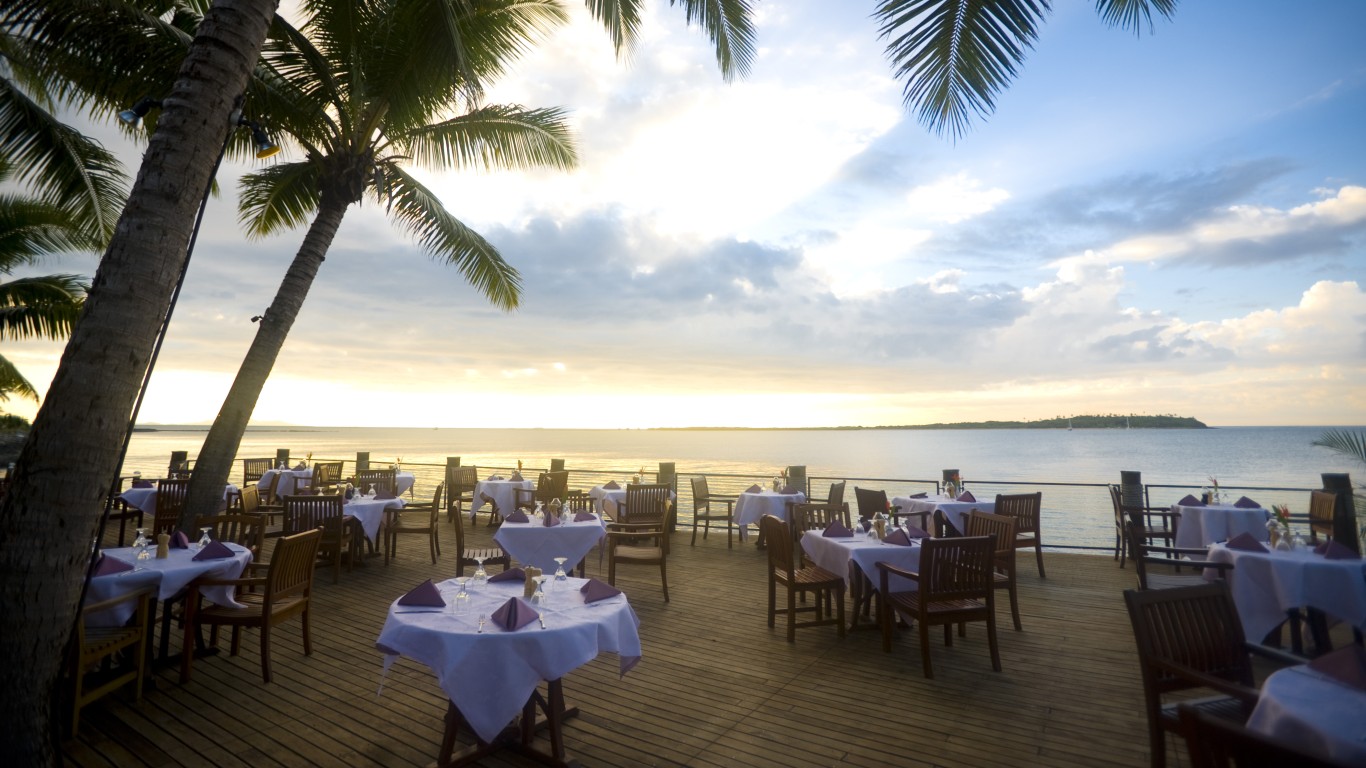
Fiji
> Population: 948,000
> Largest city: Suva
In Fiji, tipping is not a traditional practice. The culture in Fiji emphasizes hospitality and genuine kindness towards guests, and service providers do not rely on tips as part of their income. However, due to the influence of tourism, tipping has become more common in certain tourist areas and upscale establishments.
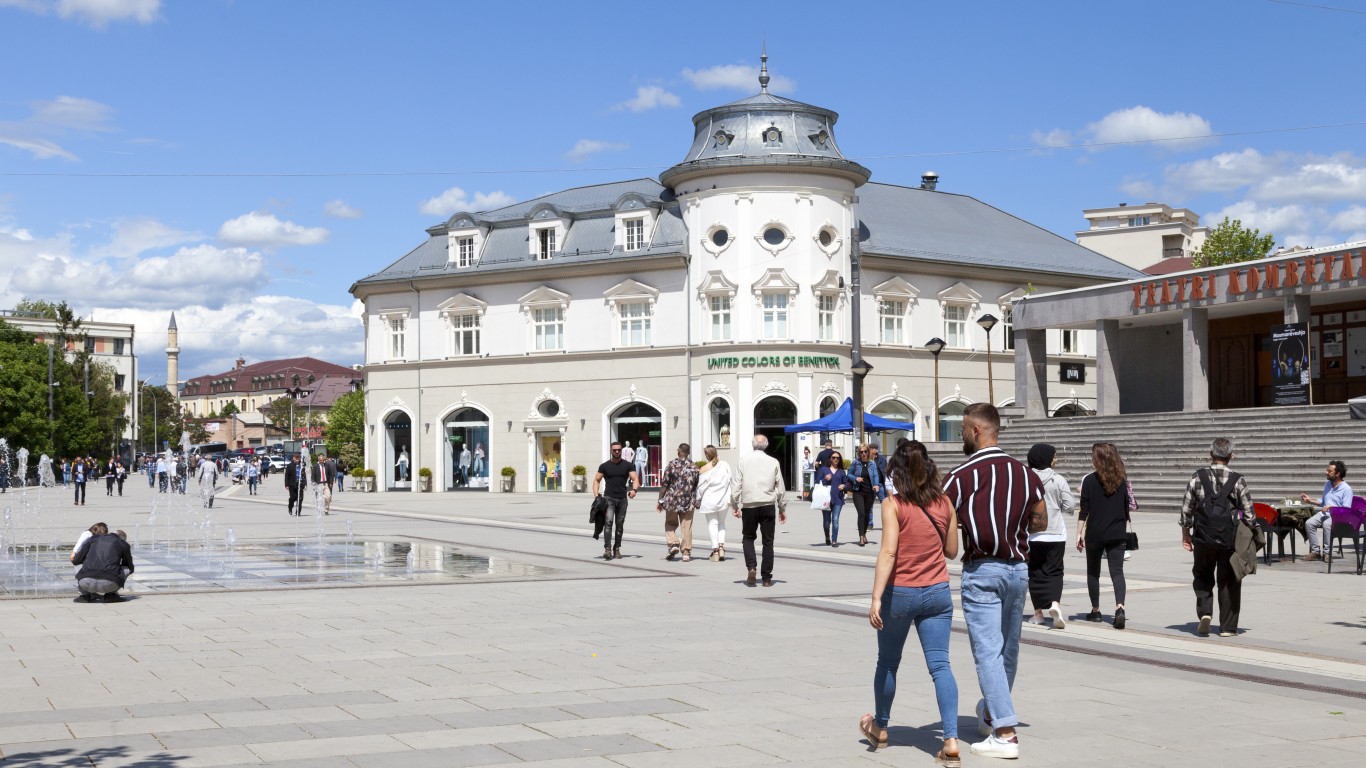
Kosovo
> Population: 2 million
> Largest city: Prishtina
Kosovo does not have a strong tradition of tipping in restaurants, hotels, or other service industries – certainly not from locals – , and service charges are generally included in the bill. ,

Laos
> Population: 7.9 million
> Largest city: Vientiane
In Laos, tipping is not a common practice and is not generally expected, and service charges are rarely added to bills in restaurants or hotels. However, in more tourist-heavy areas, such as Luang Prabang and Vientiane, it is becoming increasingly common for travelers to leave a small tip.
[in-text-ad-2]
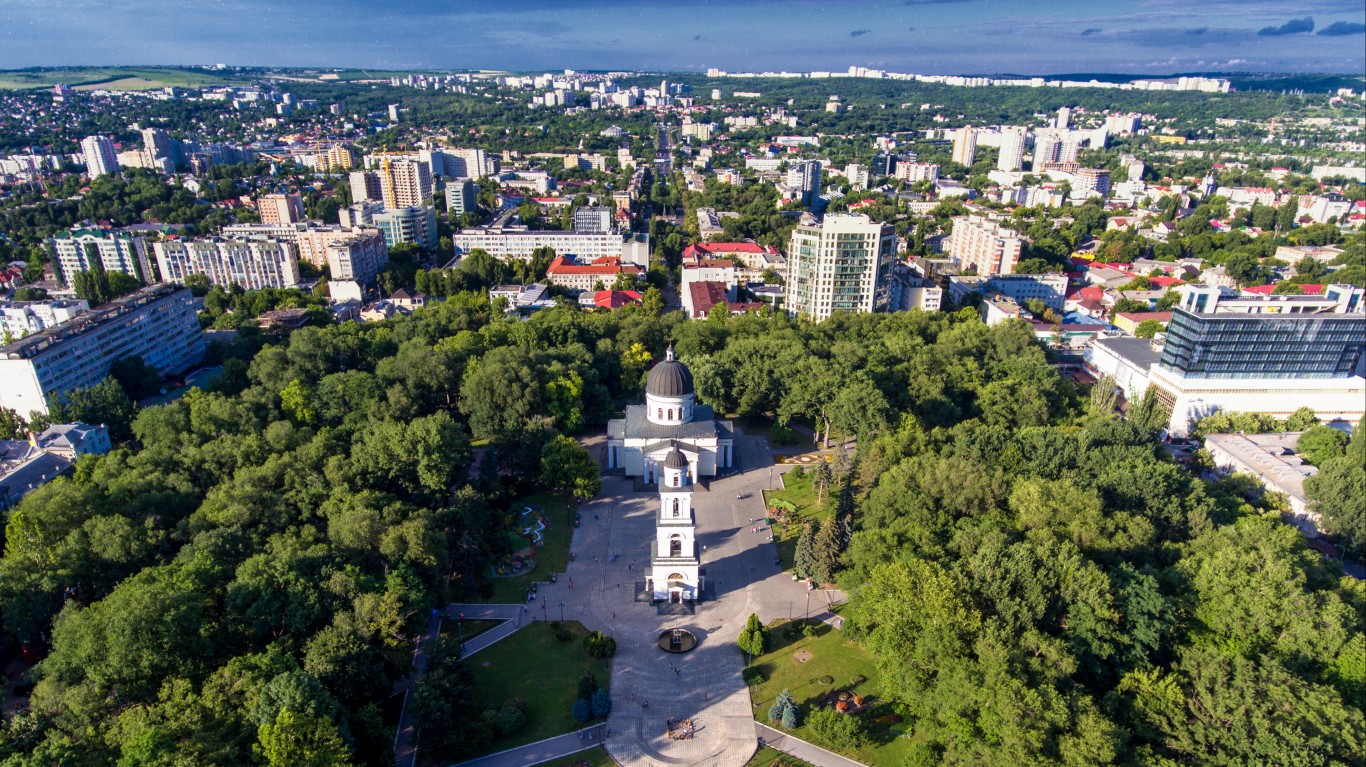
Moldova
> Population: 3.3 million
> Largest city: Chisinau
In Moldova, tipping is not a widespread practice. Service charges are typically included in restaurant bills. However, it is becoming more common for tourists to leave a tip. While not obligatory, a 5-10% tip is generally appreciated.
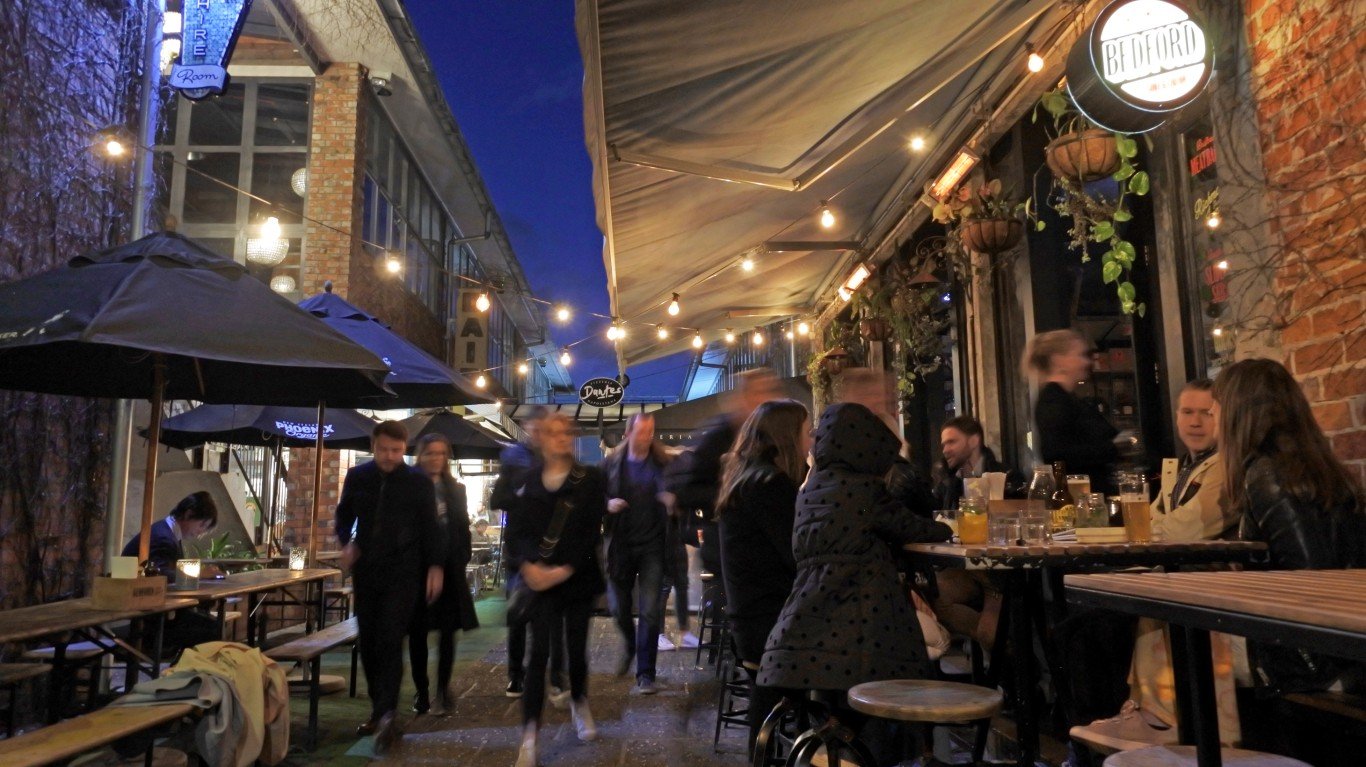
New Zealand
> Population: 5.1 million
> Largest city: Auckland
Tipping in New Zealand is not as common or expected as it is in some other countries. However, it is not unheard of, and it is generally appreciated when offered for exceptional service or in certain circumstances. The minimum wage is relatively high (about $13.78 US), and service charges are often included in the prices of goods and services. If you choose to leave a tip, 10% of the bill is considered appropriate.
[in-text-ad]

Samoa
> Population: 208,000
> Largest city: Apia
Tipping is not a common practice in Samoa. The country places emphasis on mutual respect and reciprocity, where good service is seen as part of the job rather than something that warrants additional compensation.
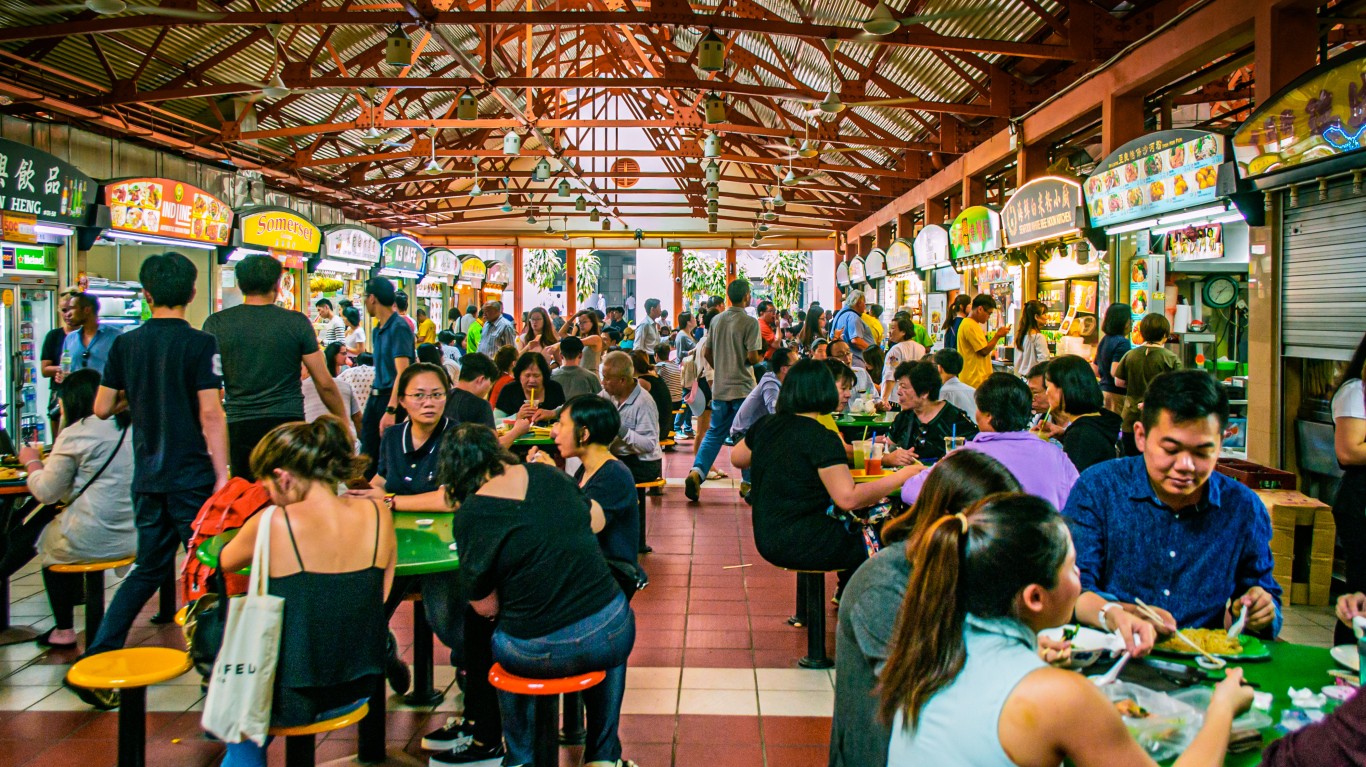
Singapore
> Population: 6 million
> Largest city: Singapore
The country has a no-tipping culture, and service charges are usually included in bills at service establishments – 10% in most cases.
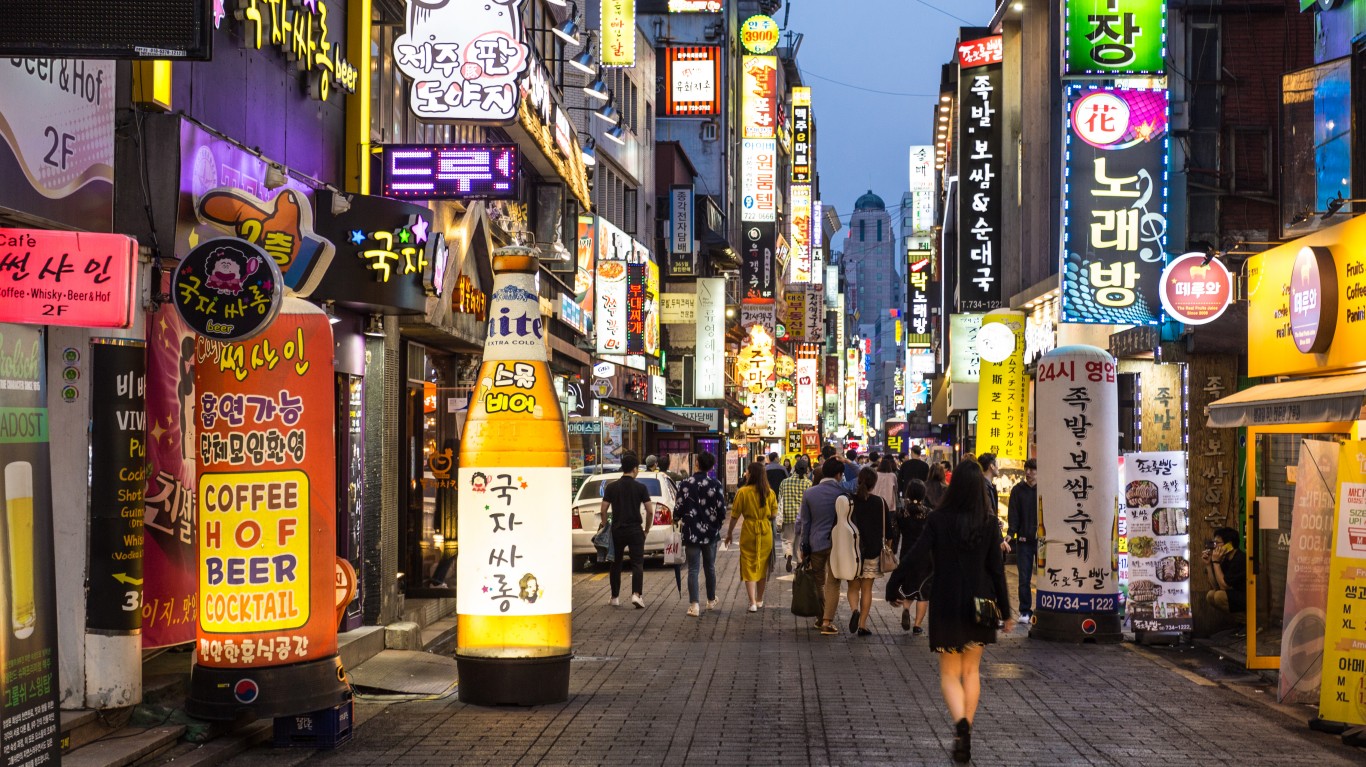
South Korea
> Population: 52 million
> Largest city: Seoul
In South Korea, tipping is not a common practice and it is not expected. The service industry workers are paid decent wages, and service charges are often included in bills. In some cases, tipping may even be considered disrespectful. That said, most of the country’s major hotels include a compulsory 10% service charge on bills.
[in-text-ad-2]

Taiwan
> Population: 23.6 million
> Largest city: Taipei
Taiwan is generally a no-tipping country. Not only is tipping not expected, it is often not even accepted. The service industry workers are paid fair wages, and service charges, if any, are often included in bills.

Tajikistan
> Population: 9.2 million
> Largest city: Dushanbe
Tipping is not necessary in Tajikistan. In upscale hotels or restaurants catering to international tourists, a small tip may be appreciated for exceptional service, and tips of about 10% may be expected in nicer establishments in bigger cities.
[in-text-ad]

Vanuatu
> Population: 313,000
> Largest city: Port-Vila
In Vanuatu, tipping is not a traditional practice. Good service is seen as part of the overall experience. While some high-end resorts and tourist-oriented establishments may have adopted a tipping culture, it is not common in most places throughout the country.
Sponsored: Attention Savvy Investors: Speak to 3 Financial Experts – FREE
Ever wanted an extra set of eyes on an investment you’re considering? Now you can speak with up to 3 financial experts in your area for FREE. By simply
clicking here you can begin to match with financial professionals who can help guide you through the financial decisions you’re making. And the best part? The first conversation with them is free.
Click here to match with up to 3 financial pros who would be excited to help you make financial decisions.
Thank you for reading! Have some feedback for us?
Contact the 24/7 Wall St. editorial team.
 24/7 Wall St.
24/7 Wall St.


